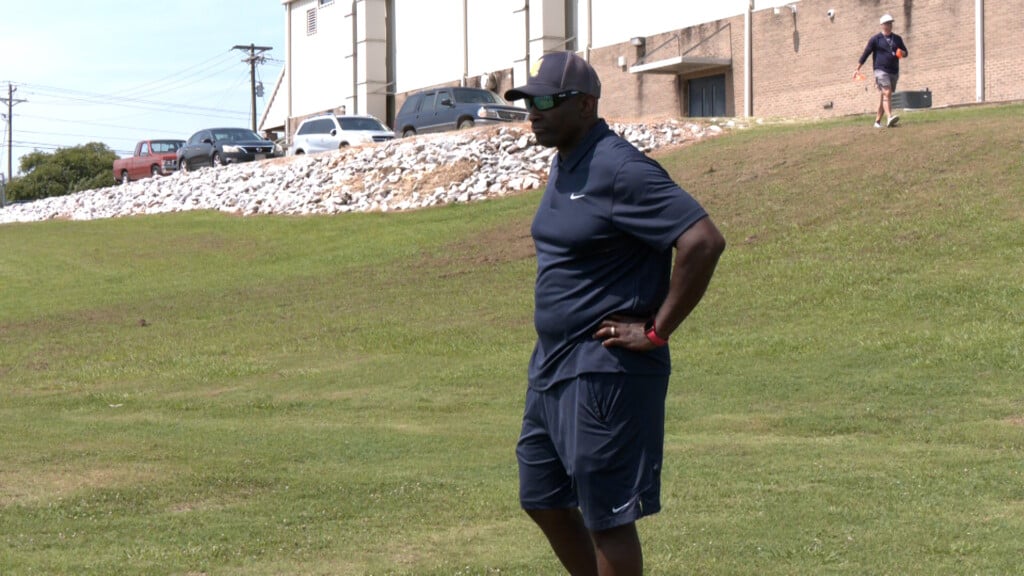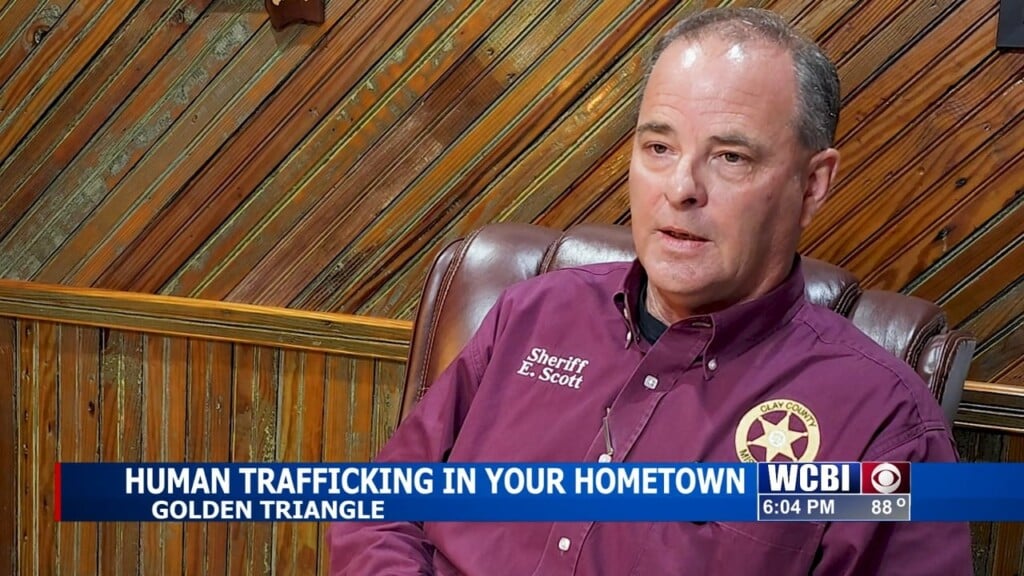Almost 100 killed in single day of strikes near Syrian capital
BEIRUT — A Syrian monitoring group and paramedics say government shelling and airstrikes on rebel-held suburbs of the capital, Damascus, killed at least 98 people on Monday. The Britain-based Syrian Observatory for Human Rights says it was the deadliest day in three years in the area known as Eastern Ghouta.
The Syrian Civil Defense, also known as White Helmets, said the shelling and airstrikes killed 98 and that some people are still under the rubble.
The Observatory says 20 children and 15 women were among those killed on Monday.
WARNING: This report includes graphic imagery below.
The targeted suburbs have been subjected to weeks-long bombardment that has killed and wounded hundreds of people.
Opposition activists say government forces have brought in reinforcements in preparation for a wider offensive on the area — the last main rebel stronghold near Damascus.
Ghaith, a wounded 12-year-old Syrian boy, cries as he receives treatment at a make-shift hospital in Kafr Batna and waits for news of his mother in the operating room after they were wounded in air strikes on the town of Jisreen, in the besieged Eastern Ghouta region on the outskirts of the capital Damascus, Feb. 19, 2018.
Getty
The violence has increased in Syria while a proposal in the United Nations Security Council for a 30-day humanitarian ceasefire has languished. As recently as Feb. 14, U.N. representatives from the U.K. and Sweden told CBS News’ Pamela Falk that a draft resolution for the ceasefire was still moving forward.
“We see the Assad regime continue to bomb, starve, and, yes, gas civilians,” U.S. Ambassador Nikki Haley said on Valentine’s Day, adding that for the Geneva process to work, Russia must pressure Assad to change his behavior.
Earlier in February, however, U.N. officials admitted that diplomatic efforts were failing. In Geneva, U.N. Special Adviser Jan Egeland said the efforts appeared “totally impotent,” and were “getting nowhere.”
“The level of destruction and human suffering we’re witnessing in the besieged enclave of Eastern Ghouta is unprecedented and catastrophic,” WFP Executive Director David Beasley told CBS News early in February. “Aerial bombardment and artillery attacks are claiming the lives of innocent men, women and children. Shortages of food, water, medicine and other items have driven people to the brink of endurance.”

The bodies of people, including children, killed in Syrian army bombardment on the town of Hamouria in the rebel-held enclave of Eastern Ghouta, are seen lying on the ground at a make-shift morgue the morning after the attacks, Feb. 20, 2018.
Getty
“The World Food Programme (WFP) joins other U.N. agencies in calling for an immediate pause in hostilities so we can deliver life-saving assistance to the people of Eastern Ghouta who so desperately need our help,” Beasley said.
Jakob Kern, the WFP’s Syria country director, said that on his last visit to Ghouta he saw children “rummaging through garbage, eating animal fodder,” and whatever else they could scrounge from the streets.
“Desperation is an understatement,” Kern said of the situation in the Damascus suburbs, noting that many of the children trapped in areas still under rebel control have “never seen the inside of a classroom.”
“What does that mean for the next generation?”
Ghouta has not seen a single humanitarian aid convoy for two months.

The body of a child killed in Syrian army bombardment on the town of Hamouria in the rebel-held enclave of Eastern Ghouta is seen lying on the ground at a makeshift morgue the morning after the attacks, Feb. 20, 2018.
Getty





Leave a Reply